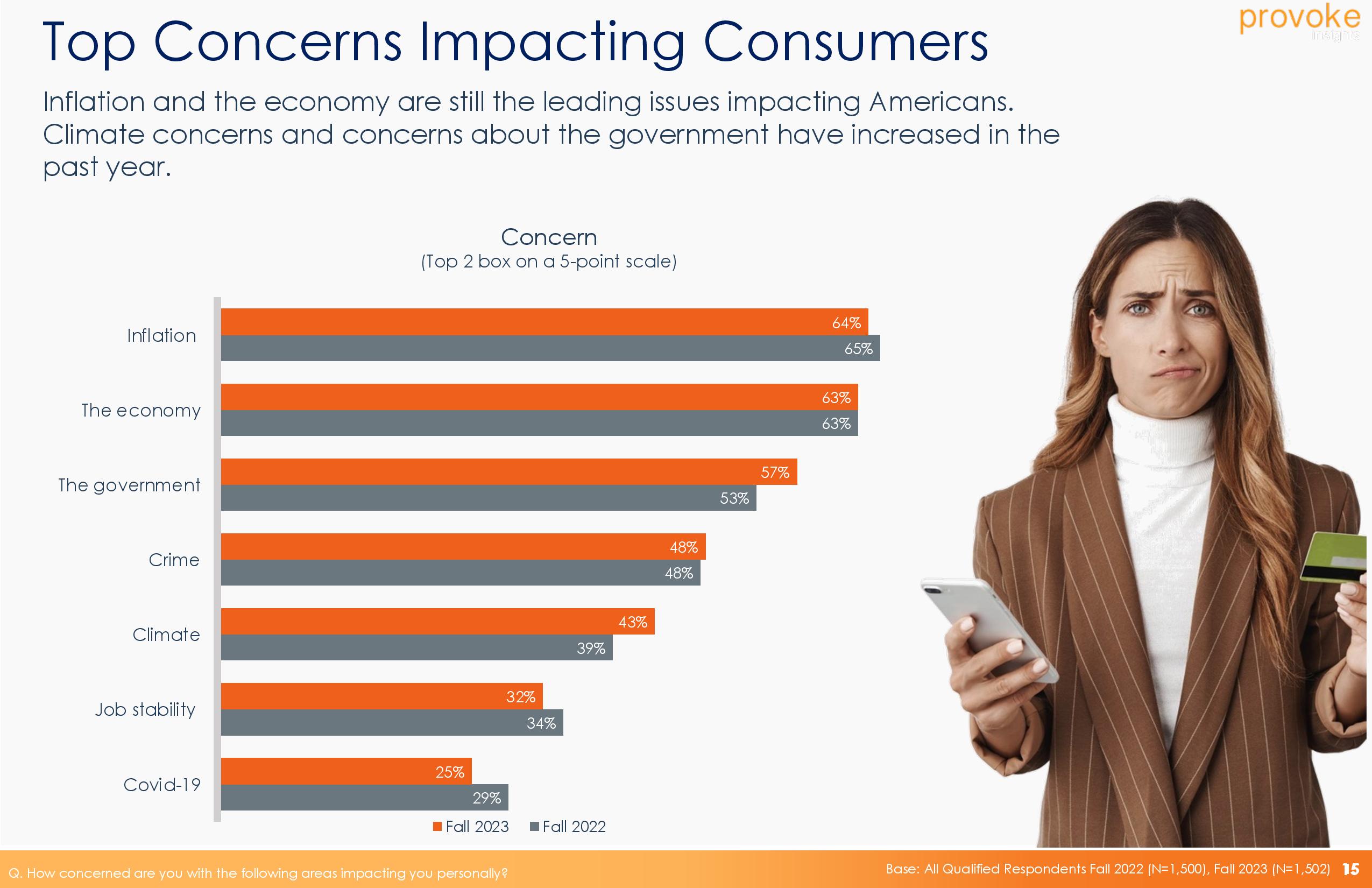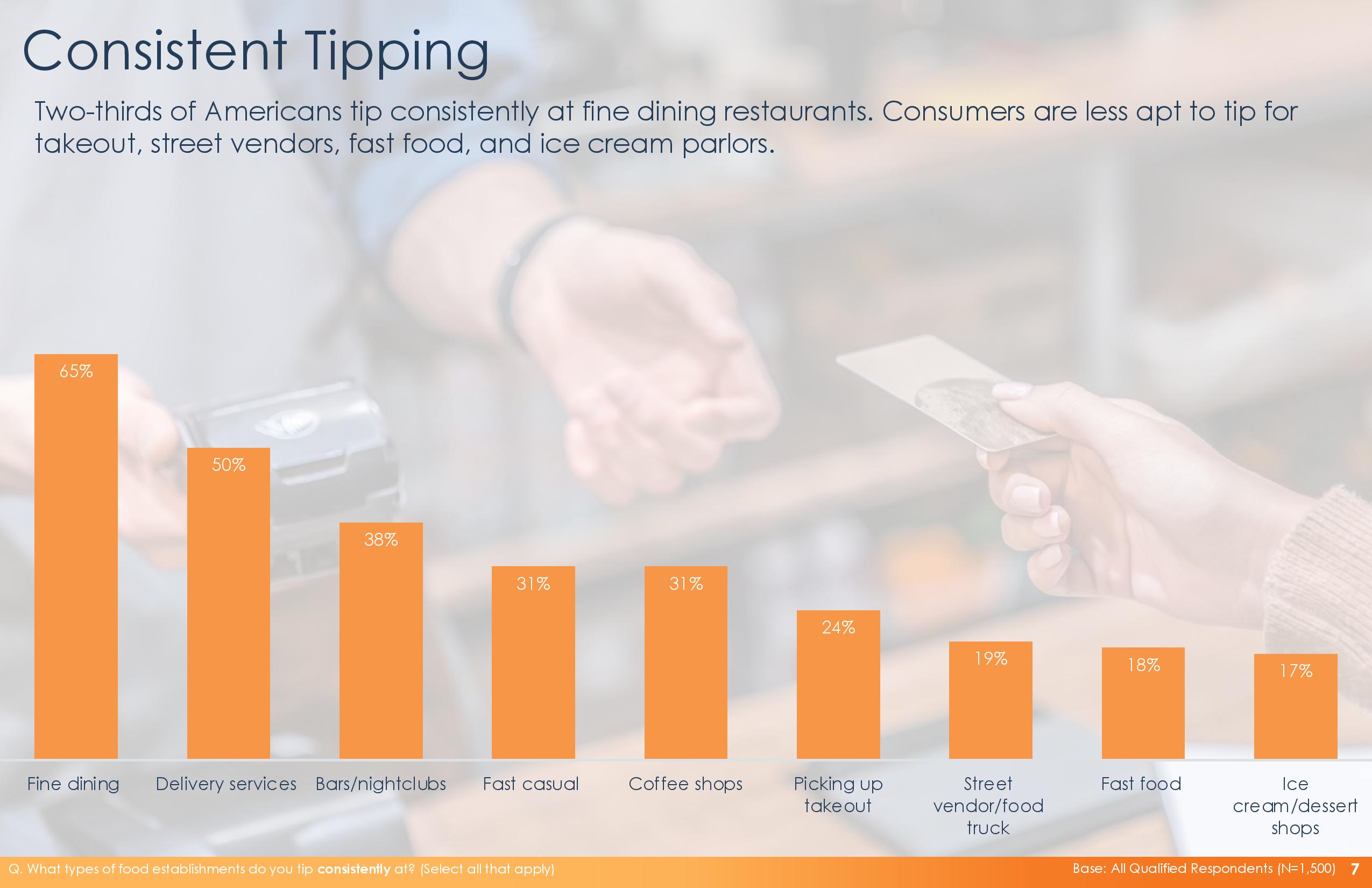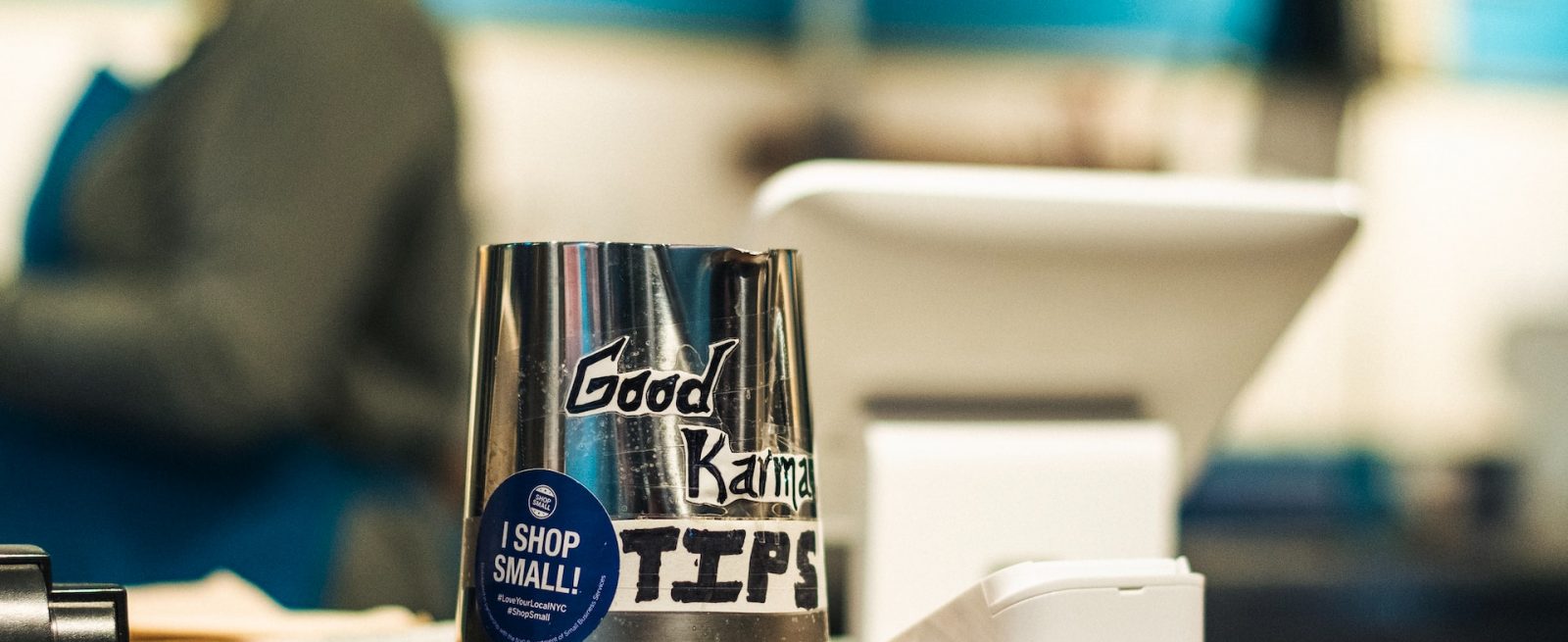MRM EXCLUSIVE: The Tipping Point Is Now
3 Min Read
With both restaurants and guest feeling the effects of inflation, tipping has become a topic of confusion and intrusion for diners, according to Restaurants: Consumer Trends Fall 2023/Winter 2024, a report produced by Provoke Insights in collaboration with Modern Restaurant Management (MRM) magazine.

Diners are the most willing to tip consistently at fine dining establishments. They are also most willing to tip delivery services like UberEats and Grubhub. They are less likely to tip consistently at fast- food locations and ice cream parlors.
Half of Americans say they are happy to compensate service staff. These tippers are more frequently parents, Millennials from urban areas, and liberals.
Other diners have negative feelings about tipping.
•Over a one-third of Americans say it is frustrating that they are asked to tip at dining establishments they normally would not have.
• Those who do not tip more than 15 percent if prompted are likely to be older Republicans.
•Others report feeling pressure to tip, particularly those in debt and the Asian populations.

For a deeper dive into the survey results, MRM quizzed Provoke Insights President Carly Fink.
What should restaurant owner/operators take away from the results?
From the cost of goods to staffing, inflation impacts all aspects of the restaurant industry. Consumers have noticed the price increases. From past research, we have seen that they are more conservative with what they order at restaurants.
Tipping is now encouraged at all types of food establishments beyond traditional sit-down restaurants to combat menu price increases.
However, consumers do not necessarily like that this burden has been put on them. They particularly do not like tipping when purchasing at food trucks, fast food, and ice cream shops. If the food industry continues to move in this direction regarding tipping, it will take time for consumers to buy into this new payment method. More so, it is crucial that customers feel welcome at stores even if they do not want to tip to avoid patrons from not returning.
With tipping being such a pain point for guests and the added inflationary pressures, what can restaurants operators do to provide a valuable experience to guests?
It is okay for the service industry to ask for tips, but it needs to be in a way that doesn't feel intrusive or makes the customer feel forced to provide the tip. Otherwise, the experience will be a turnoff.
Well-thought-out loyalty programs with cost savings for consumers can be an added value. Just like tipping is becoming automated, loyalty programs at establishments should be the same way. Consumers also want a program that makes it easy to obtain these potential discounts.
Consumers see menu price increases and the push to tip more. Hence, restaurants need to ensure the tipping doesn't feel overly intrusive and cause the consumer to not return to their establishment.
Where are guests most resistant to tipping?
Guests are most resistant to tipping when picking up food they order, as well as purchasing items at food trucks, fast food, and ice cream shops.
With increased use of automation at kiosks and at the drive thru, do you feel guests will feel less pressure to tip more than they want?
It all depends on how the tipping feature is displayed on these kiosks. Often, these machines push the consumer to add the same percentage of tip to the bill as they would if they were sitting down to eat (e.g., 15 or 20 percent). Tips at these machines should display options for lower tipping percentages so individuals would be more comfortable adding additional money if they feel up to it.
Did anything surprise you about the results?
No. Both consumers and businesses are feeling the pressure of inflation. The restaurant industry needs to walk in the consumer's shoes and see it from their perspective. Consumers see menu price increases and the push to tip more. Hence, restaurants need to ensure the tipping doesn't feel overly intrusive and cause the consumer to not return to their establishment.
Provoke Insights conducted a 15-minute survey among 1,502 Americans between the ages of 21 and 65. The study was in-field in the Fall of 2023.

